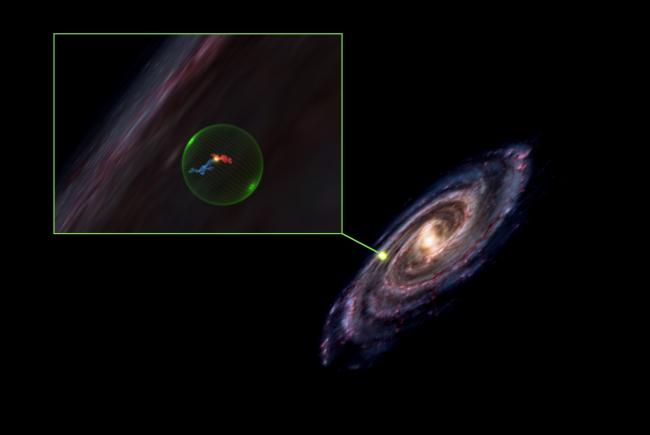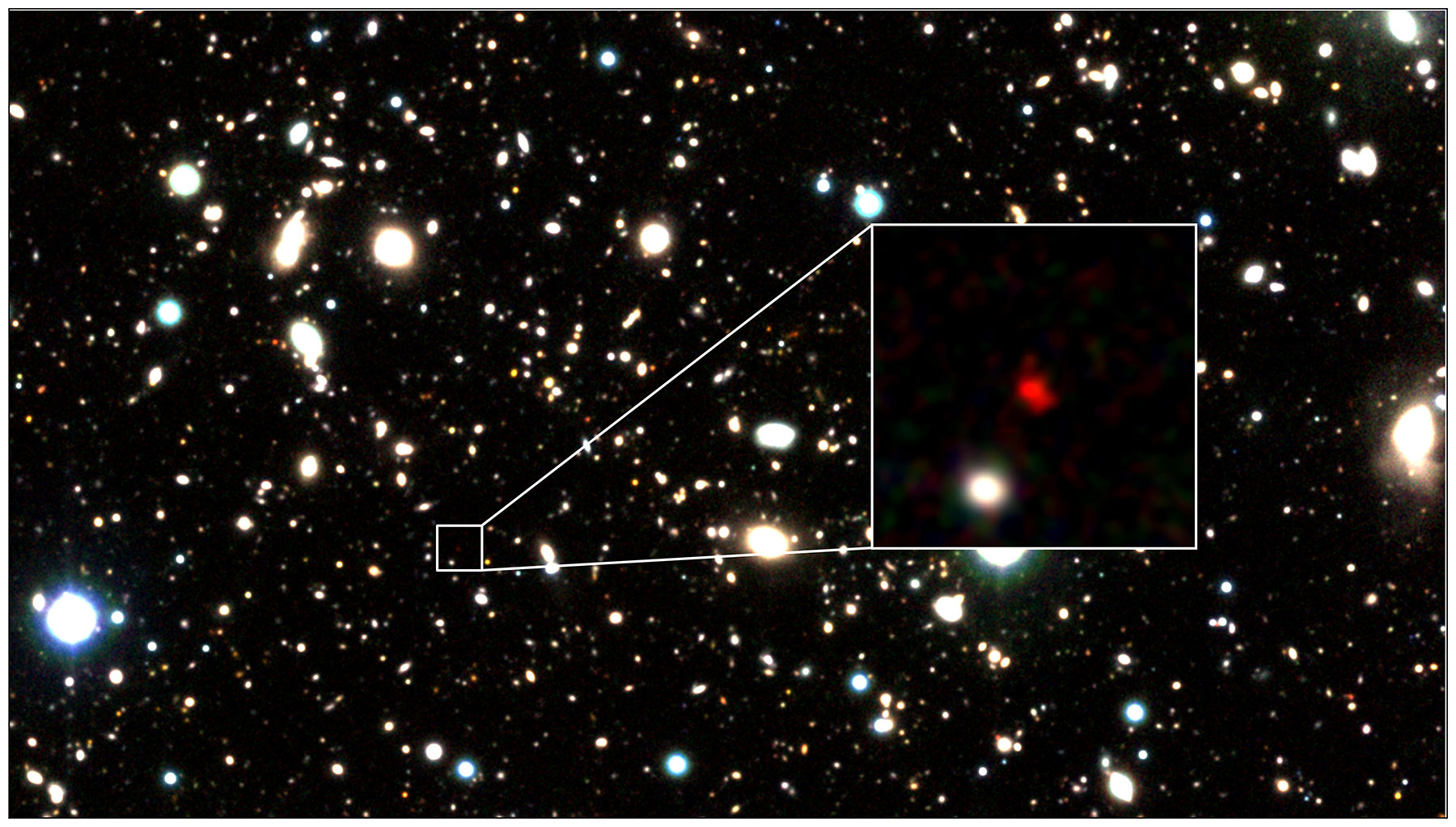Effective and compelling science writing to hook readers.

Alyssa Goodman/CfA
Astronomers have discovered a humongous cavity in space while mapping interstellar dust. The sphere-shaped phenomenon may explain how supernovae lead to star formation.
Read the rest of the story for the Center for Astrophysics | Harvard & Smithsonian at cfa.harvard.edu.

Photo by Jasper Lawrence.
The U.S. thought it wiped out hookworm decades ago. But a new study shows that it never truly went away.
Read the rest of the story at NPR.org.

Imagine this: A pesky mosquito sips some of your blood. Hours later, the blood-sucker drops dead, poisoned by the very blood it just slurped down.
Read the rest of the story at NPR.org.

Photo by JR Hernandez / UTEP News Service
Watch a YouTube video of a giggling baby and you’ll likely end up with a grin on your face. Your mouth will turn upward into a smile and you might even let out a chuckle yourself. The skin on your face may change color, too, turning a different hue as you experience positive emotions.
Read the rest of the story for The University of Texas at El Paso.

Photo by Paul Lenhart.
Insects love dead bodies. Blow flies, beetles, and other bugs flock to decomposing remains to feed, lay eggs, or prey on others at the scene. But entomologists were recently surprised to find two new creepy-crawlers nibbling on human flesh.
Read the rest of the story at Science Magazine.

Photo by Nadia Whitehead
The CBS sitcom “The Big Bang Theory” is more popular than ever, averaging 19.79 million viewers per episode, and it’s not going away anytime soon. The comedy — recently extended to 2017 — revolves around a gang of physicists and an engineer who work at the California Institute of Technology. Some recurring themes include their dorky obsession with sci-fi and comic books, their roller-coaster-like love lives and their research in the lab.
Read the rest of the story at The Washington Post.

Do you like to spend your days basking on the beach or relaxing in a tanning bed? You may think you do it for cosmetic reasons—that natural glow does look good on you—but new research suggests you might have another motive. Mice frequently exposed to ultraviolet (UV) light show symptoms of drug use and addiction, suggesting that every time you seek out the sun’s rays, you may just be looking for a high.
Read the rest of the story at Science Magazine or The Washington Post.

Photo by Ivan Pierre Aguirre/UTEP News Service
Nothing is faster than the speed of light. At 186,000 miles per second, scientists have fixated on the power source for years, hoping to harness its speed for faster data transmission in computers.
Electrical engineer Raymond Rumpf, Ph.D, is one of those scientists. He envisions a world where computers will one day send information on light – not electricity.
“This could mean exponentially faster computers and internet connections,” said Rumpf, an associate professor of electrical and computer engineering at The University of Texas at El Paso.
Read the rest of the story for The University of Texas at El Paso.

Scientists have known for years that the brain liquefies after a stroke. If cut off from blood and oxygen for a long enough period, a portion of the brain will die, slowly morphing from a hard, rubbery substance into liquid goop.
Now, researchers have discovered that this liquefied, dying brain tissue is toxic — and can slowly leak into the remaining healthy portion of the brain, potentially causing harm.
Read the rest of the story for the University of Arizona.

Harikane et al.
Shining only ~300 million years after the Big Bang, it may be home to the oldest stars in the universe, or a supermassive black hole.
Read the rest of the story for the Center for Astrophysics | Harvard & Smithsonian at cfa.harvard.edu.

A newly discovered species of orangutan is already teetering on the edge of extinction. The Tapanuli orangutans (Pongo tapanuliensis) have been identified as the most endangered great ape species in the world, consisting of less than 800 individuals.
Read the rest of the story for Discover Magazine.